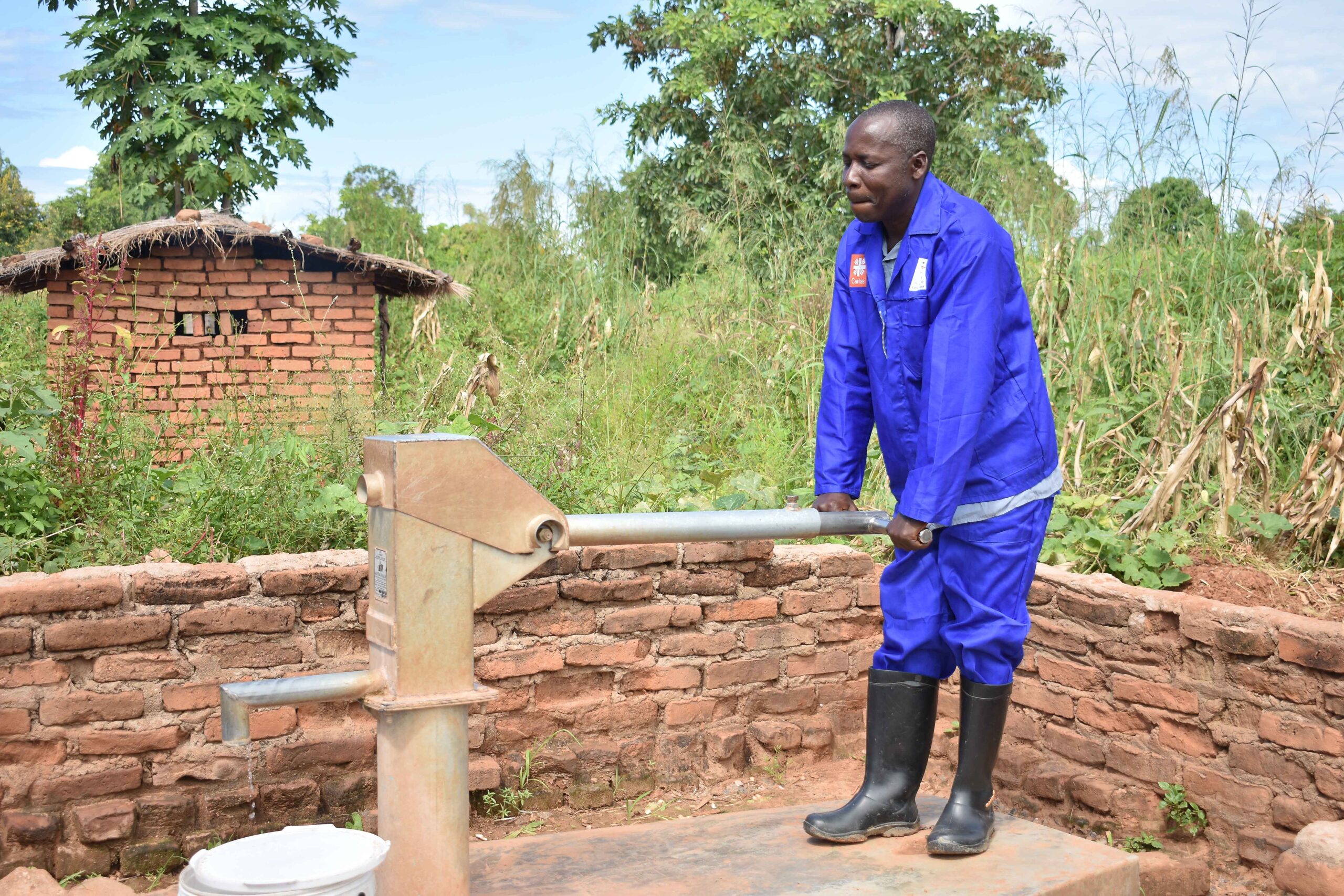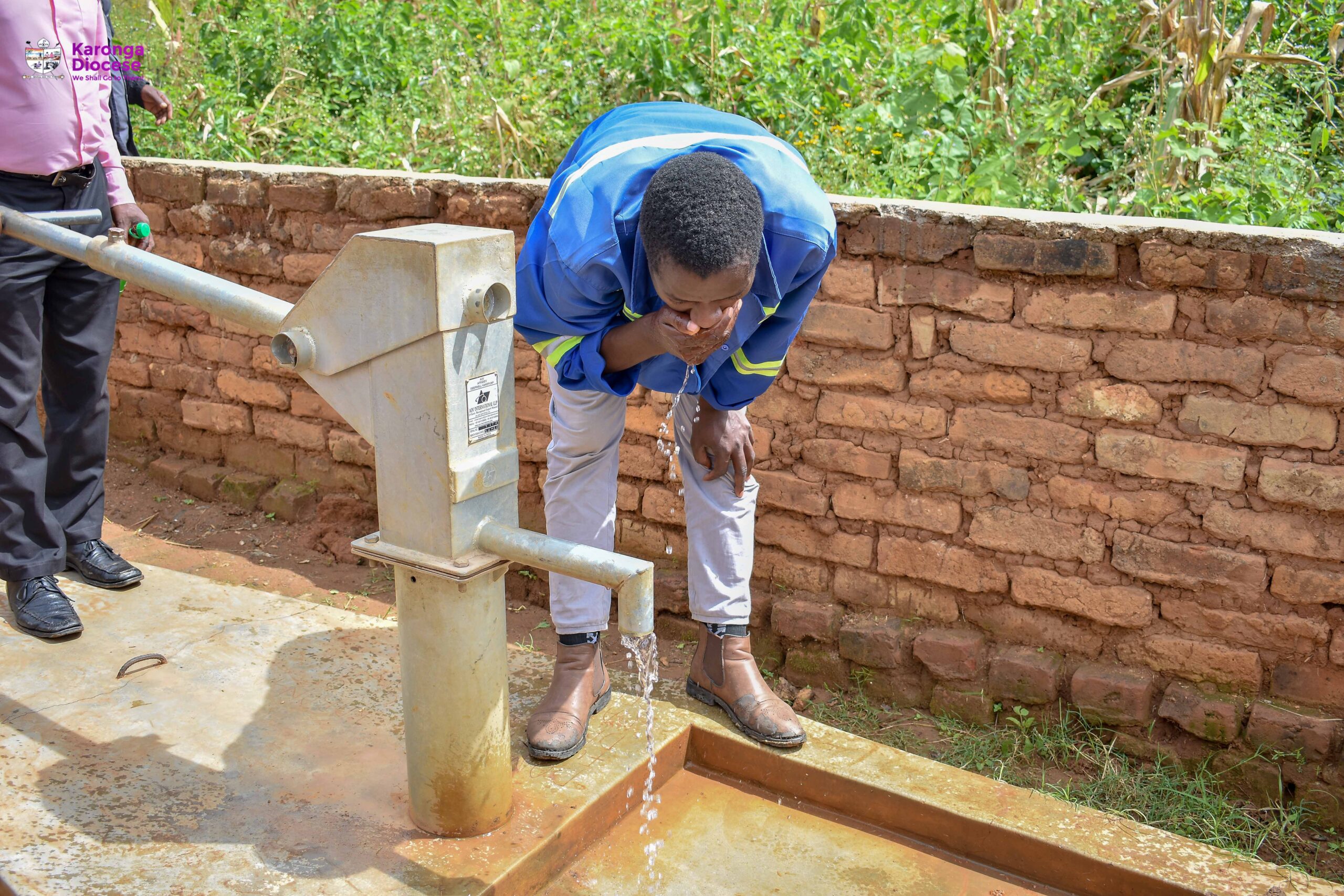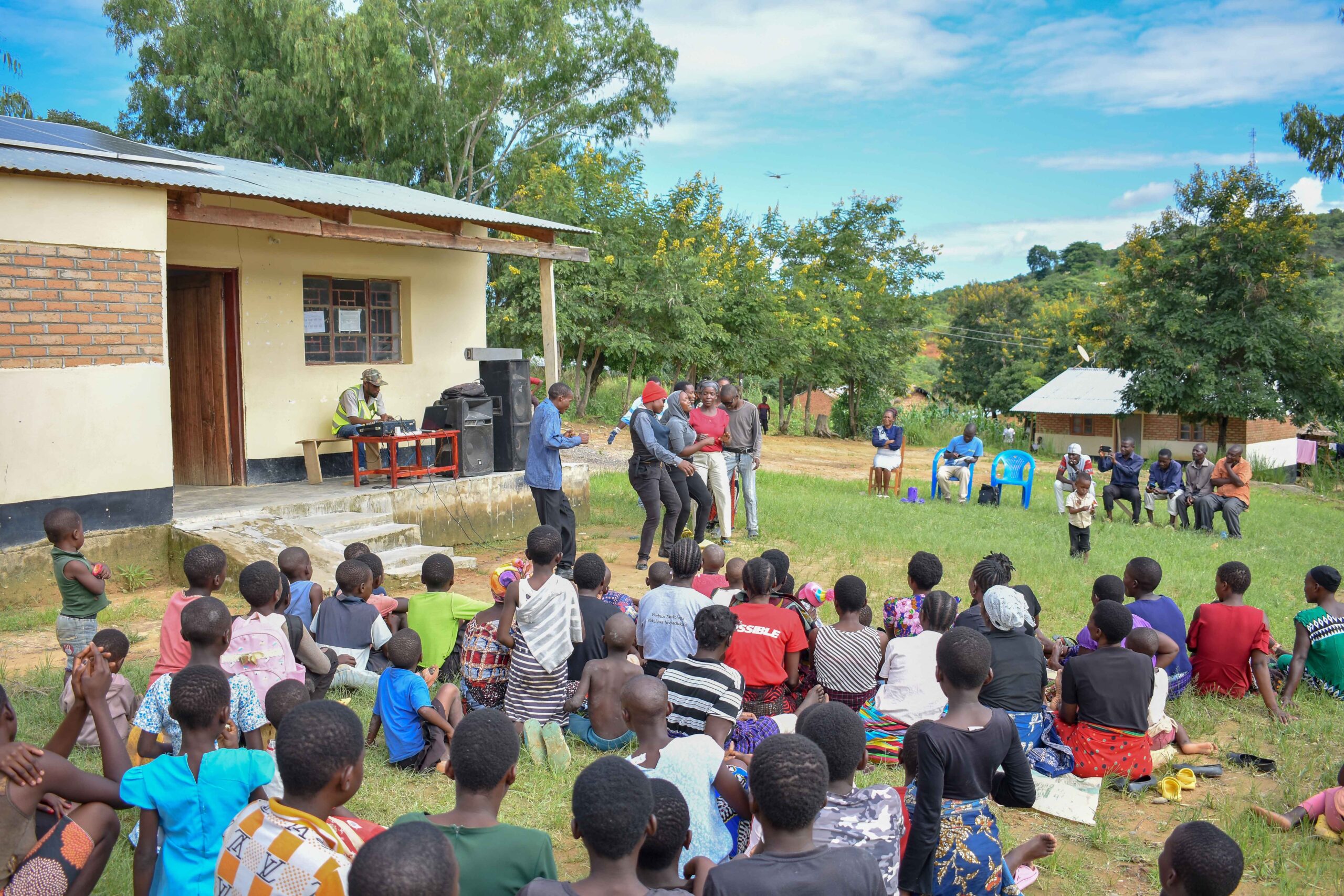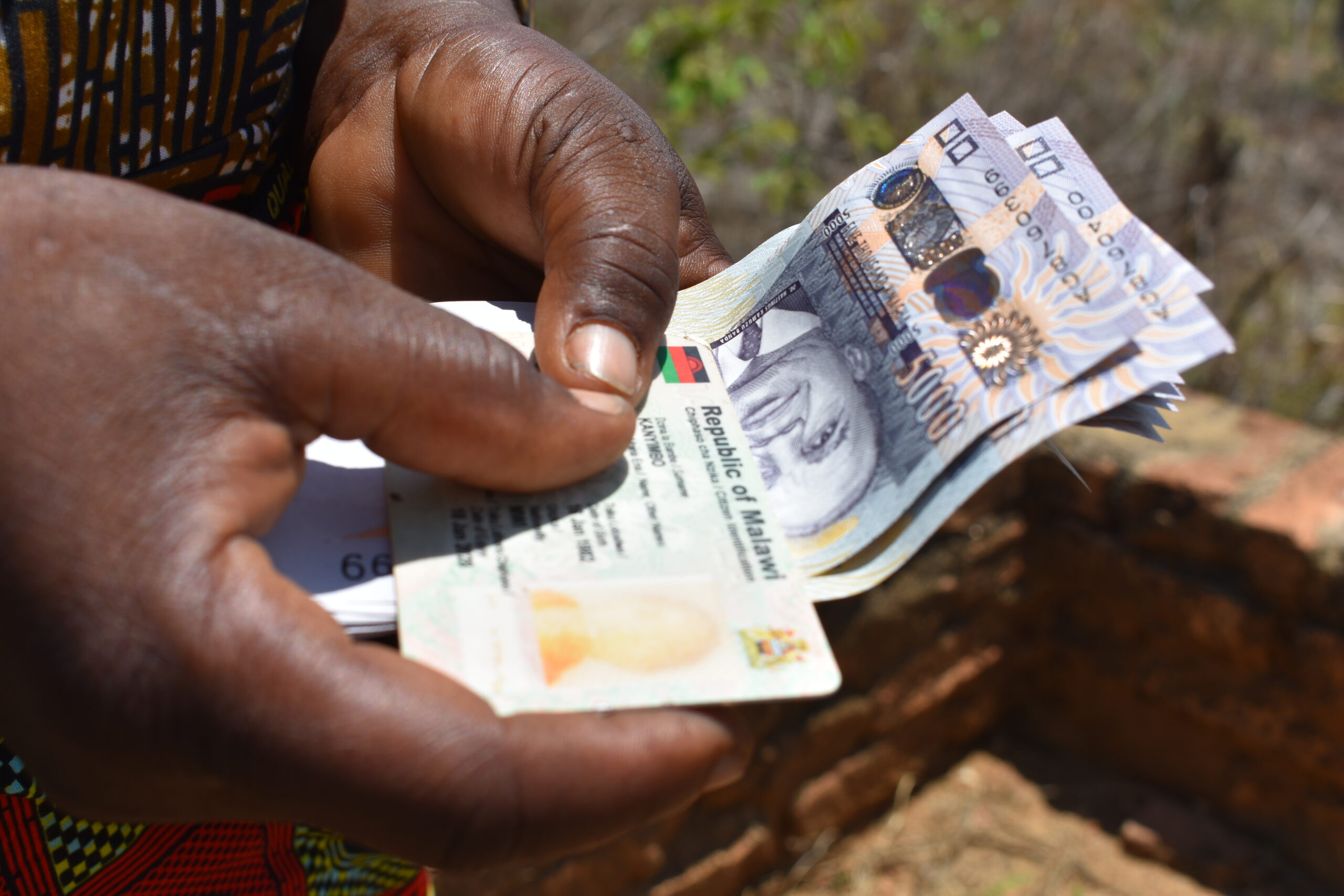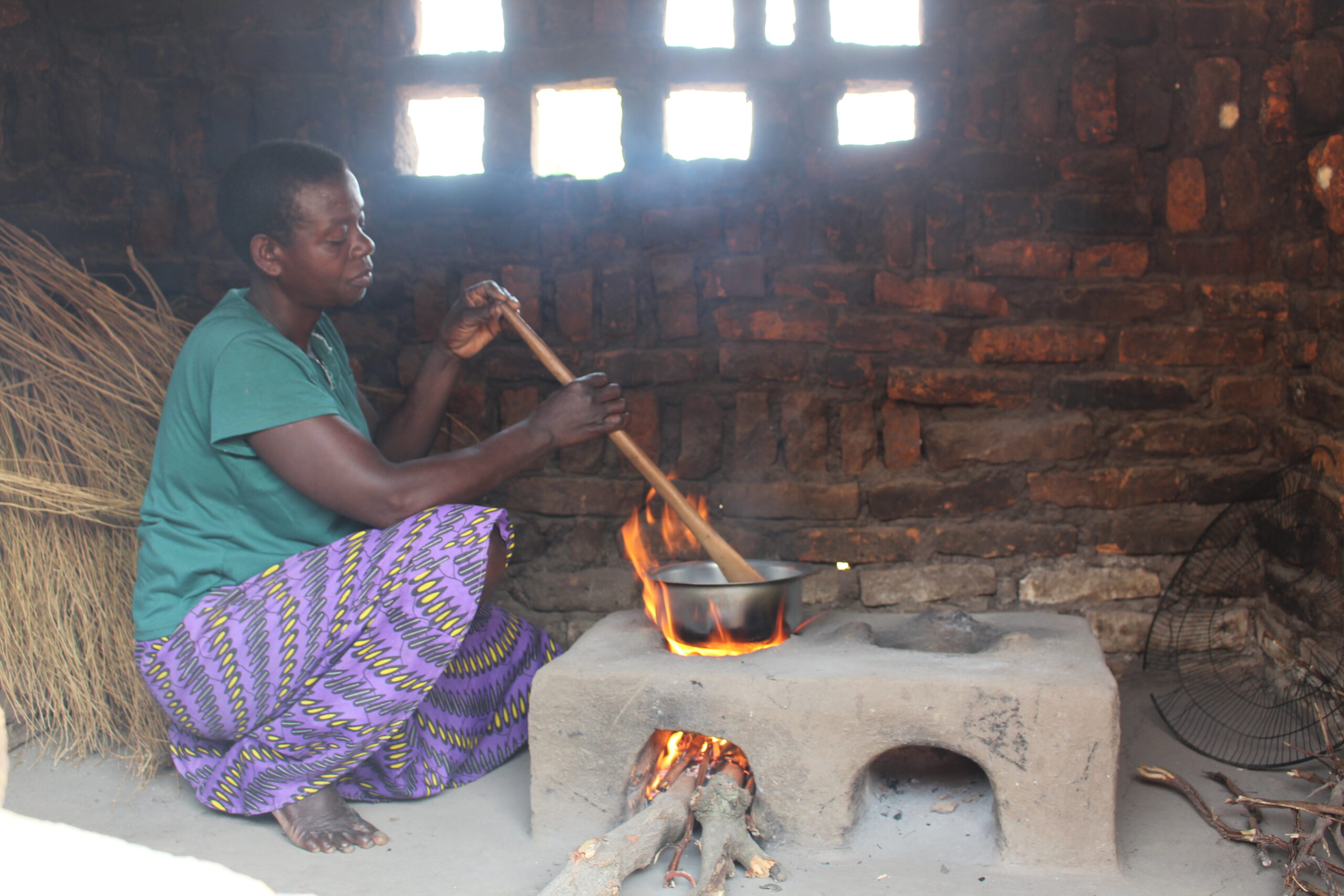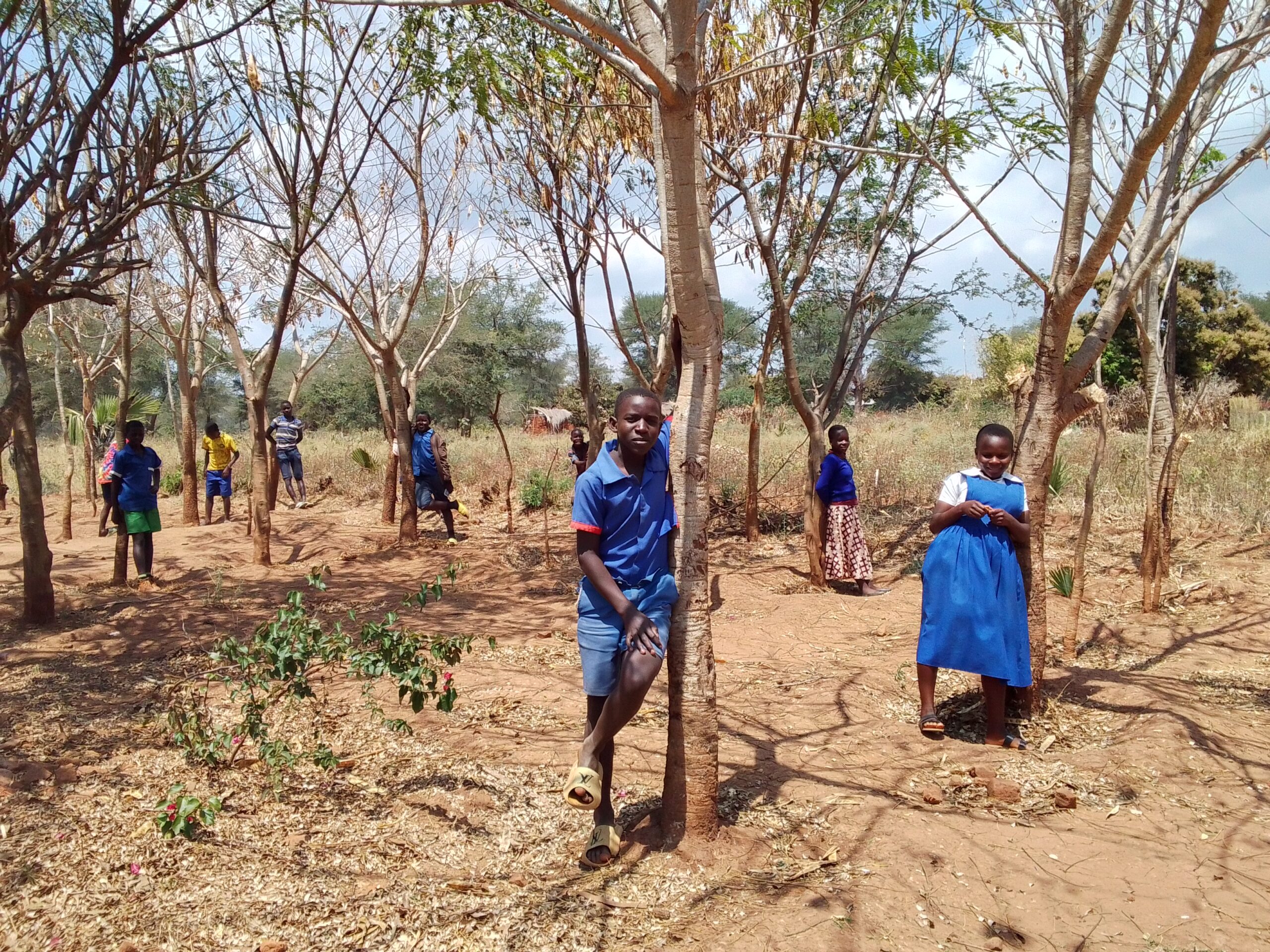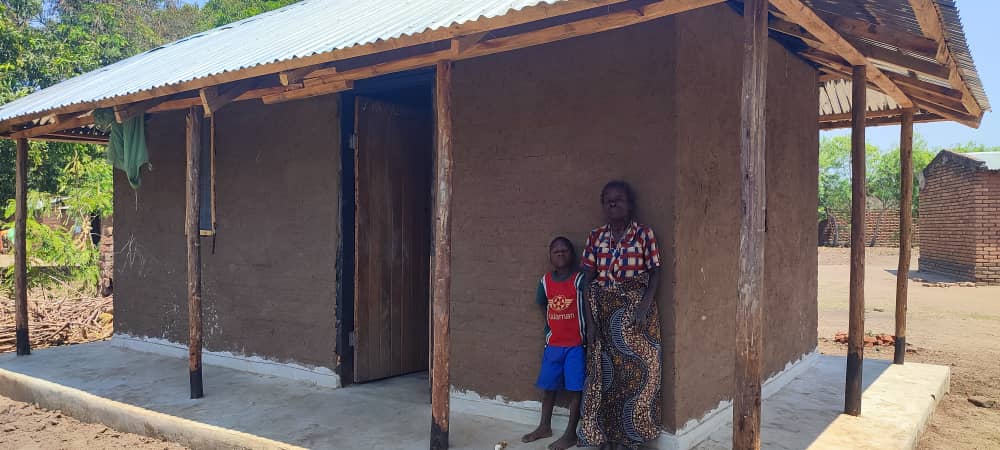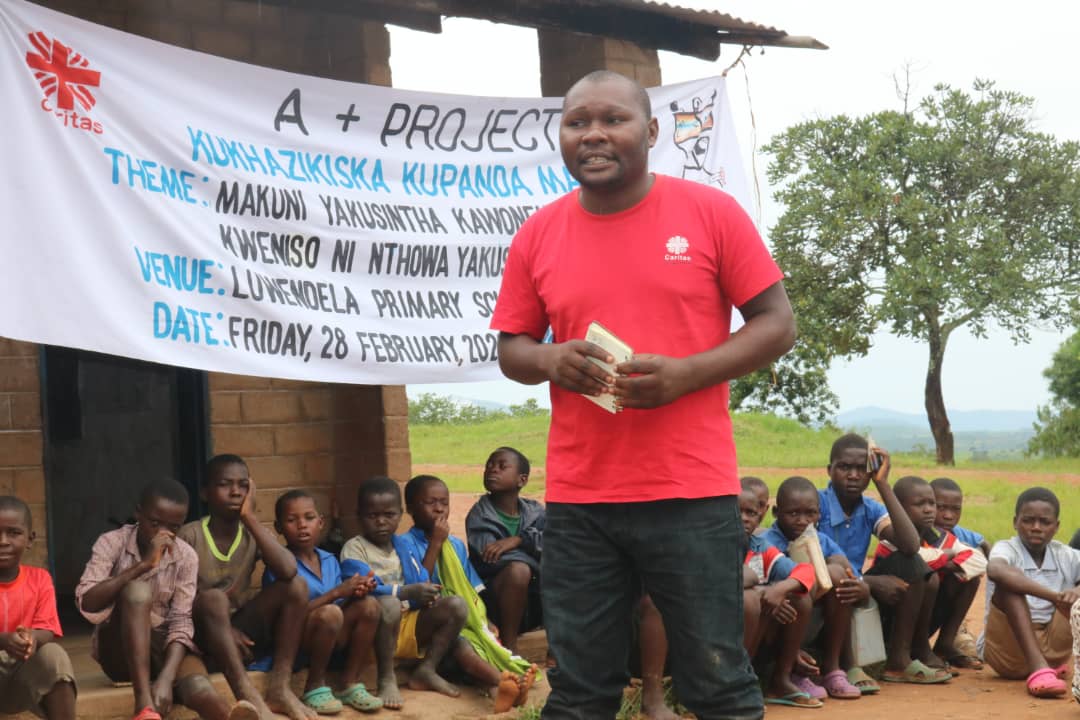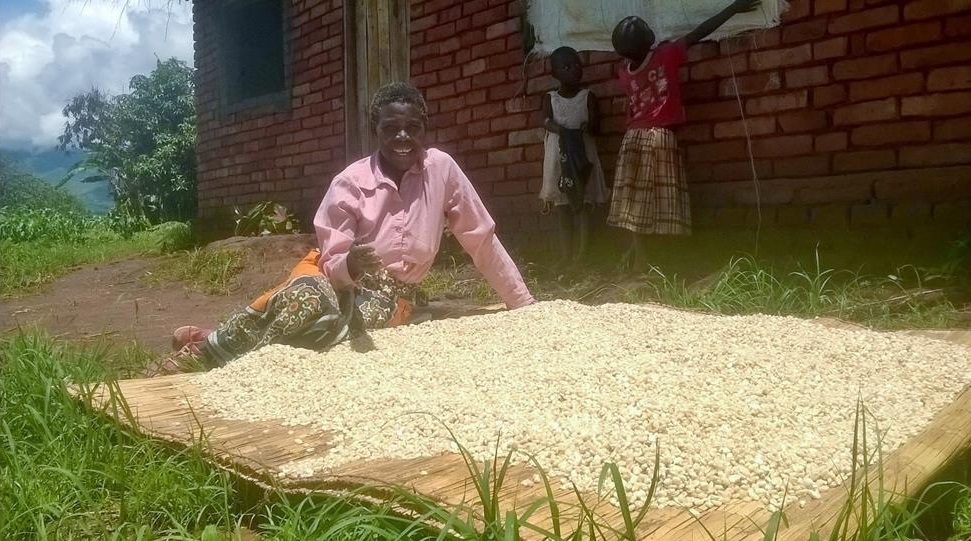EMPOWERING RURAL COMMUNITIES THROUGH BOREHOLE AREA MECHANICS: THE STORY OF DAVIE MWANGOSI
By Noel Chatepa In many rural communities across Malawi, access to clean water is a daily struggle especially in situations where a borehole, which is the primary water source, breaks down. In such situations, communities have to wait for government employed borehole mechanics to...
Read MoreCHITIPA DCT COMMENDS KARONGA DIOCESE’S CT WASH PROJECT: SUSTAINABLE WATER & SANITATION IN GVH KOPAKOPA
By Noel Chatepa Officials from Chitipa District Coordinating Team (DCT) say they are impressed with the interventions being implemented in the Karonga Dioceses’ Community Transformation (CT) Water, Sanitation and Hygiene project being implemented in GVH Kopakopa, T/A Nthalire in the...
Read MoreKARONGA DIOCESE COMMUNITY TRANSFORMATION WASH PROJECT CONDUCTS WATER SANITATION AND HYGIENE SENSITIZATION EXERCISES
By Noel Chatepa The Karonga Diocese Community Transformation Project conducted vital Water Sanitation and Hygiene (WASH) sensitization exercises from 17th to 21st March 2025 in the communities of Jalawe (Rumphi) and Chankholombe (Karonga). The sensitization exercise aimed to educate and remind residents on...
Read MoreMARIA KANYIMBO’S FAMILY RECEIVES CASH TRANSFER FOR HUNGER RELIEF
By Noel Chatepa On 23 March 2024, His Excellency Lazarus McCarthy Chakwera, President of Malawi, declared a state of disaster on food security across 23 out of the 28 districts in the country. This announcement was a response to the conditions caused...
Read More“Cooking Sustainably: How Changu-Changu Mbaula has Transformed Cooking in Manganani Village”
Most families in Manganani Village rely on firewood as their main source of energy for cooking and it has resulted to a significant negative impact on the environment. Recognizing this challenge, CADECOM Karonga Diocese through the Climate Just Communities project which...
Read MoreUPHOLDING ENVIRONMENTAL CONSERVATION THROUGH EDUCATIONAL INITIATIVES
By Noel Chatepa Students at Kapenda Primary School in Chitipa posing with the trees they planted in 2020 Young Davie Kalau, at the tender age of 14, stands tall with pride as he gazes at a tree he planted back...
Read MoreNEEMA’S TRANSFORMATION: FROM FOOD INSECURITY TO FARM SUCCESS
By Noel Chatepa Neema Mgala. “I joined CADECOM Karonga Dioceses’ Integrated Rural Development project in 2020 and we were trained in sustainable agriculture technologies. After the training's, we were given soya bean, sunflower, groundnuts and maize seeds to use for...
Read MoreKaronga District Council Commends Development Desk’s Disaster Preparedness Project
By Ellah Chirwa Karonga District Council has commended the Development Desk (also known as CADECOM) of the Diocese of Karonga for training communities, living in disaster prone areas of Traditional Authorities Mwkaboko, Mwirangombe and Wasambo, in disaster preparedness. New lease...
Read MoreCommunities Encouraged to Protect Trees from Wild Fire
By Grace Mphwere Mvoso Community members in the area of Traditional Authority (TA) Mwalweni in Rumphi District have been urged to adopt the culture of planting trees around their homes as one way of replenishing trees that have been depleted...
Read MoreDevelopment Desk Makes Farmers Smile during Lean Period
By Harold Mwale The Development Desk of the Diocese of Karonga recently trained and supported farmers in the area of Traditional Authority Mwalweni in Rumphi District in a bid to respond to the challenge of food insecurity in the area....
Read More
